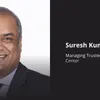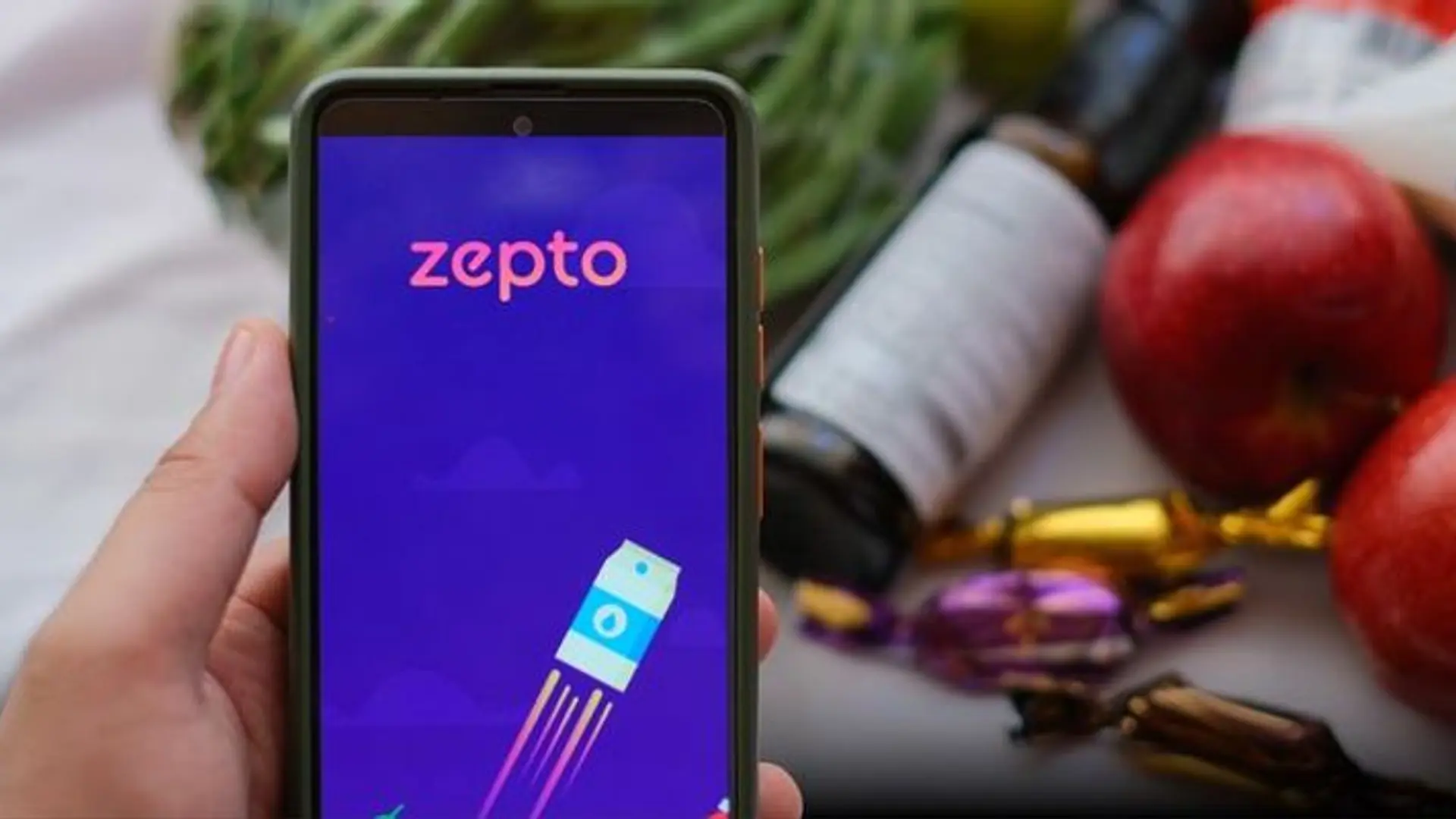Meet Purple Butterfly Technologies, which helps parents and children manage Autism Spectrum Disorder
Purple Butterfly Technologies offers an integrated ecosystem to parents to help manage Autism Spectrum Disorder (ASD) among their kids through a scalable technology solution.
As a parent of a child diagnosed with autism spectrum disorder (ASD), Debangshu Dasgupta—a life member of the Autism Society of India—struggled to get the right intervention for his son in India.
He relocated to Canada with his family nearly 10 years ago. Debangshu's experience with his son pushed him to help other parents going through the same. He returned after five years and launched Purple Butterfly Technologies in December 2020.
“When we looked at the ecosystem and spoke to parents, we heard only harrowing stories all around. There was no awareness among even educated urban parents about the condition. There are no avenues where authentic information is available,” Debangshu tells YourStory.
In most cases, parents would get the wrong diagnosis as they could not find the right professionals to help their child.
Bengaluru-based Technologies intends to solve the problem of a completely broken ecosystem through a scalable technology solution—from early detection to interventions in the area of ASD—and help parents in the complete journey till the kids learn to manage the condition themselves.
“We focus on facilitating early detection (ideally before kids turn three years old) through our questionnaire and video-based in-app instrument,” Debangshu explains.
The startup also helps parents seek correct information when they see their child having a developmental delay or other early signs but are unaware of how to help them.
“We also want to break the social taboos arising out of the lack of awareness about ASD and create a society far more aware of the condition and means to manage it,” the co-founder adds.
Background work
Initially, Purple Butterfly Technologies focused on creating a minimum viable product (MVP), which involved a well-tested early detection instrument, along with having a set of professionals, including doctors, psychologists, speech and occupational therapists, and a set of offline pharmacies and related partners.
The startup launched the MVP in October 2022, starting with about 30 professionals. It plans to get 1,000 parents to register in the first 90 days of the MVP launch.
In 2017, after his return from Canada, Debangshu teamed up with his friend of over 20 years, Subhrojyoti Mukherjee—a corporate professional interested in clinical psychology.
He learnt from his colleague Sagnik Guha—also a parent whose child is diagnosed with ASD—the similar ordeals Debangshu faced. Upon learning that the ecosystem hasn’t improved much over the years, he decided to join Debangshu.
The duo wanted to capture the voice of the parents and specialists to precisely identify the challenges. They met 110 parents and 25 specialists in the process.
Debangshu and Subhrojyoti, along with Vijay Ramamoorthy, realised that the existing startups either follow the Software-as-a-Service (SaaS) model or a marketplace model.
The trio approached their platform design from the “network effect”—what should the startup curate so different market operators on the platform find it engaging and valuable?
The Indian mental health market is expected to grow at a substantial CAGR of 15% between 2022-2028, states PR Newswire.
Vijay designed the platform—with microservices-based architecture and open APIs—to ensure a positive feedback loop among different types of users on either side of the platform.
“We intend to also use this data to make our testing instrument more accurate by feeding these inputs into our AI-based algorithm, which forms the backbone of the test instrument,” Debangshu, the co-founder says.
The company first made its offline consultation model available only in Bengaluru and Coimbatore. It aims to scale its MVP to other metro cities over the next 12 to 18 months.
The startup allows free onboarding of service providers and service consumers, and its revenue model is a percentage of the transaction between the patient and the specialists. The demand aggregation sets the income of the specialists.
The key differentiation that Purple Butterfly enjoys over its competition is a frictionless ecosystem. From early detection to intervention, to community activities, to user-generated content—all in one place.
Other mental health-related startups include Mindhouse and YourDost, among others.
The company has set up a 24x7 customer support system to cater to different types of customers on the platform. “However, we will come up with a subscription-based loyalty model within H1 2023 that will cover more services and greater engagement on both the demand and supply side,” Debangshu says.
Purple Butterfly also focuses on continuous R&D by the St John's Health Innovation Foundation (SJHIF) team, leveraging the data the platform generates.
“Currently, we are exploring likely partnerships with institutions like IIT Bombay with whom we wish to co-publish white papers and research materials that help the entire ecosystem to be more enabled,” explains Debangshu.
Challenges and partnerships
According to Debangshu, getting the initial funding to set up the development centre and a technical team with the right talent was a challenge. Also, the startup faced difficulties getting the right knowledge and subject matter partner to collaborate with to co-create the test instrument.
In 2020, Purple Butterfly formed a long-term partnership with Bengaluru-based St John’s Hospital. The hospital helped with testing the startup’s technology solutions, content creation for driving awareness, and other major interventions.
“Given the fast-increasing numbers of children with ASD diagnosis, there is a growing need for developing easy access to much-needed services in this regard. Team Purple Butterfly is committed to ethically and competently addressing such needs,” says Dr Ashok MV, Professor of Psychiatry Head, CAREADD, St John's National Academy of Health Sciences, Bengaluru.
He adds, “I sincerely believe that this platform will become a large source of support to families. My team at St John's looks forward to learning from this experience.”
Moreover, it has onboarded NGO Sankalp in Chennai as a content partner, where Dr Ajeeth and his team run one of the largest autism schools in India.
Edited by Suman Singh









